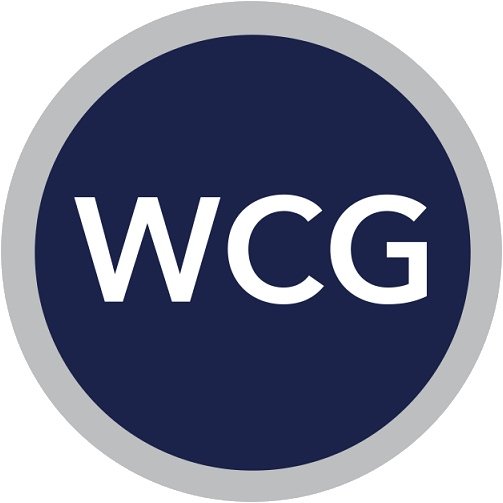Career Gaps: When and How to Get Back to Work
Career gaps can be overcome.
How to Explain an Employment Gap on Your Resume
When I look at a resume and see a gap during the 2008-2010 time frame, I already have a good idea why that gap exists: the Great Recession was a challenging employment market, and many professionals were laid off. Now it seems like a blip in time, accepted by pretty much anyone who sees the same gap and has the same understanding. Back then, however, it was mentally and emotionally draining for anyone trying to claw their way back into a paid job. There were fewer jobs, and while most recruiters and hiring managers have come to accept that almost everyone will have a gap at some point in their career, there are still a few who have a negative bias towards any gap for any reason. Because of this, having a gap on your resume can feel like an insurmountable challenge. Whether you took time off by choice or by circumstance, we’ve put together some advice for getting back to work after a career break. So, the question becomes how to explain a career gap on your resume?
When Your Circumstances Require It: With the changing employment market, you may find that your partner has lost their job. It’s possible that you will need to return to work to help make ends meet or refill depleted savings. When you’re going back to work because you need to, we recommend a couple of different strategies to overcome your gap. First, leverage your existing skills and experience, particularly your transferable skills. Second, focus on in-demand opportunities; right now, these opportunities are in grocery, supply chain, risk, and more due to COVID-19.
When You’re Ready: If you have the flexibility to return to work when you feel ready, leverage that! Your inner desire to return to a team environment and contribute through the work that you love cannot be matched by most other candidates. In addition, use the flexibility of time to prepare now instead of later. The number one thing clients say to us is that they wish they’d started preparing for their job search sooner. It takes an average of 3 months to a year for someone to secure a new position, and it can take longer for those with a gap.
Consider Trying Something New: In 2008/2009, most employers were laying off, not hiring, and the need for recruiters was quite limited. I personally used the Great Recession time to try out another career that was statistically a good fit for my personality type and strengths: teaching. While teaching brought me a lot of joy, it wasn’t a replacement for my love of recruiting and talent development. After two years in the classroom, I pivoted to an administrative position in higher ed that combined my recruiting and education experiences. If you’re not feeling jazzed about going back to your previous career, consider using this re-entry to make a career change. Don’t be afraid to try something new, particularly if it seems like a good fit for you and your family right now.
Create a Comeback Strategy: Be thoughtful about how you approach the market. What positions are a good fit for your professional experience? How have the experiences you’ve had during your gap added to your skillset, and do they open up other opportunities? If you’re feeling like you can’t articulate your skills, register for our online workshop Resume Rebuild where we’ll walk you through identifying and highlighting these experiences; use code 30OFFRR for 30% off. From there, craft a strategy that includes a timeline for organizing your content, completing your resume and LinkedIn profile revisions, preparing for interviews, and completing applications. Don’t forget to make time for regular networking, as 74% of people find their new opportunity through their network.
Engage An Accountability Partner: Going through a job search alone can feel isolating. Engage someone you trust to be a sounding board for ideas, review your written work, and encourage you to push through challenging moments. Our Competitive Job Seekers Forum is a virtual accountability group for job seekers that provides education, advice, resources, and support to participants. We have made this group FREE through June 30th, and you are welcome to join us online.
Overcoming your career gap is achievable. Effective job search preparation and execution will help you secure your new opportunity faster. If you’re feeling stuck, don’t hesitate to reach out. Our team of former HR and recruitment professionals are here to help: info@wilbanksconsulting.com.

